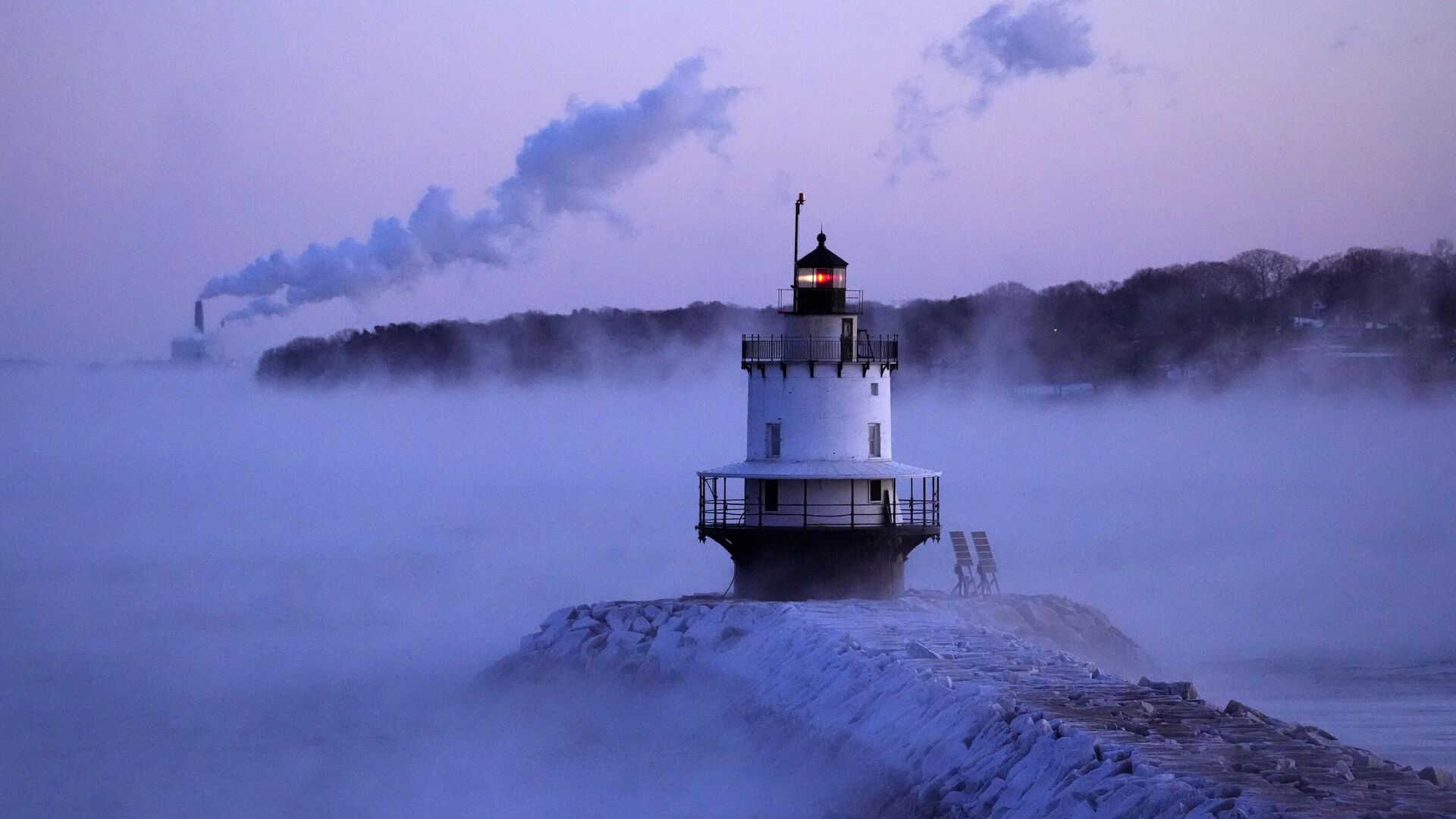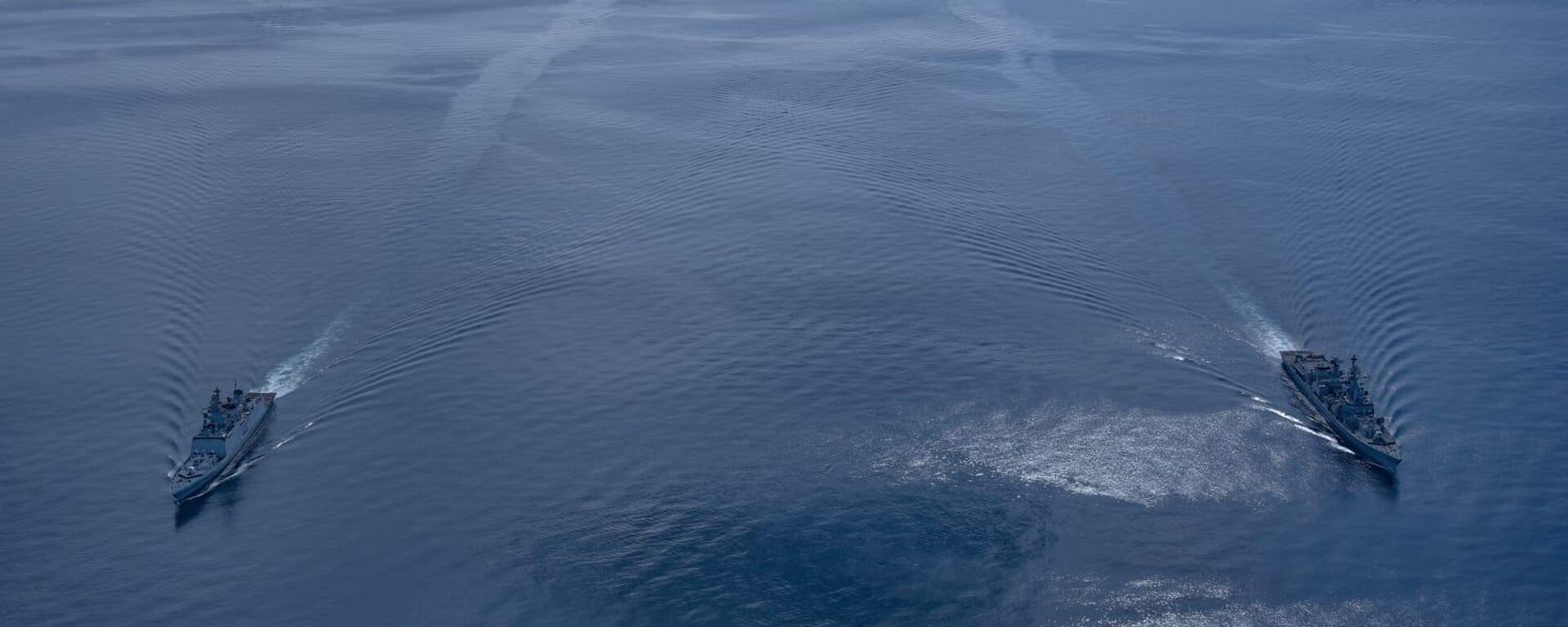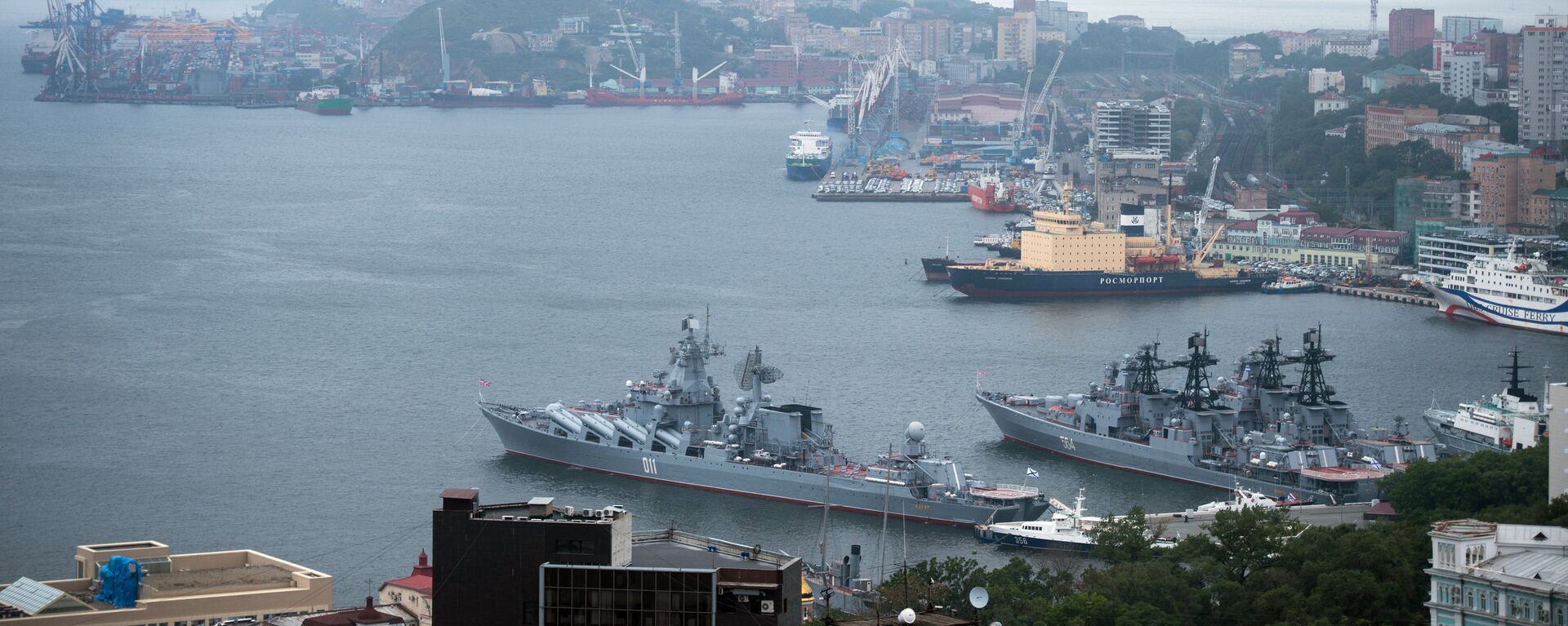https://sputniknews.in/20230519/india-warns-of-arctic-region-turning-into-global-security-challenge-2052208.html
India Warns of Arctic Region Turning Into ‘Global Security Challenge’
India Warns of Arctic Region Turning Into ‘Global Security Challenge’
Sputnik India
The lack of a multilateral treaty governing the Arctic Region, unlike in the case of Antarctica, will pose a major “global security challenge”, New Delhi has warned.
2023-05-19T16:52+0530
2023-05-19T16:52+0530
2023-05-19T16:52+0530
world news
the arctic
antarctica
russia
japan
india
china
ukraine
science diplomacy
https://cdn1.img.sputniknews.in/img/07e7/05/13/2054438_0:160:3072:1888_1920x0_80_0_0_23429295304ebeaeefd34887ecc70628.jpg
The lack of a multilateral treaty governing the Arctic Region, unlike in the case of Antarctica, will pose a major “global security challenge”, New Delhi has warned.The Indian diplomat underscored that the operation of the Arctic Council, an eight-nation organization governing the affairs the of the polar region, “has clearly been affected by the geopolitics of the Ukraine conflict.”The Arctic Council comprises Russia, the US, Canada, Denmark, Finland, Iceland, Norway and Sweden. Both India and China are among its observers.Russia held the rotating presidency of the Arctic Council for two years. This month, Norway took over the presidency from Russia.Importantly, Verma noted with concern that there have been recent instances involving some powers trying to establish dominance in “unmarked geographical spaces” with political implications or for “resource-mapping and exploitation”.The remarks come against the backdrop of ongoing disputes in the South China Sea between Beijing and its Southeast Asian neighbors. New Delhi has also been embroiled in a dispute with Beijing in the eastern Ladakh region at the Sino-Indian border over conflicting perceptions of the Line of Actual Control (LAC).China's own Arctic Policy launched in 2018 proclaims itself as a 'Near Arctic State'.Verma noted that closer to home, New Delhi has tried to address similar challenges by advocating “an open, balanced, rules-based and stable international regime in the Indo-Pacific region”.He stated that India’s SAGAR (Security and Growth for All in the Region) policy and its ‘Act East’ Policy, both enunciated by the current government of Prime Minister Narendra Modi, seeks to advance New Delhi’s inclusive vision in the region and globally.Significance of Arctic Region to IndiaVerma explained that the Arctic and the Antarctic regions were significant for India in terms of fostering a greater understanding of the “earth’s atmospheric, oceanographic, and ecological cycles”.The diplomat said that in political and strategic terms, New Delhi aspires to be an “important participant in Arctic matters before global warming opens the Arctic”.He said that New Delhi has been engaging with “like-minded” countries in the Arctic Rim to advance mutual understanding in the governance of the Arctic region.The diplomat underscored the importance of “science diplomacy” in the Arctic region as a means to address global challenges, including that of climate change.
https://sputniknews.in/20230503/moving-away-from-us-china-bloc-politics-what-makes-maiden-india-asean-drills-significant-1799428.html
https://sputniknews.in/20230329/india-russia-look-to-operationalize-chennai-vladivostok-maritime-route-1350538.html
the arctic
antarctica
russia
japan
india
china
ukraine
Sputnik India
feedback.hindi@sputniknews.com
+74956456601
MIA „Rossiya Segodnya“
2023
Dhairya Maheshwari
https://cdn1.img.sputniknews.in/img/07e6/0c/13/138962_0:0:641:640_100x100_80_0_0_2cb44360dbcdf6d84bf4b299cd045917.jpg
Dhairya Maheshwari
https://cdn1.img.sputniknews.in/img/07e6/0c/13/138962_0:0:641:640_100x100_80_0_0_2cb44360dbcdf6d84bf4b299cd045917.jpg
News
en_IN
Sputnik India
feedback.hindi@sputniknews.com
+74956456601
MIA „Rossiya Segodnya“
Sputnik India
feedback.hindi@sputniknews.com
+74956456601
MIA „Rossiya Segodnya“
Dhairya Maheshwari
https://cdn1.img.sputniknews.in/img/07e6/0c/13/138962_0:0:641:640_100x100_80_0_0_2cb44360dbcdf6d84bf4b299cd045917.jpg
arctic council, ukraine conflict, india china relations, india china trade, india china standoff, south china sea, indo-pacific, northern sea route, india's arctic policy,
arctic council, ukraine conflict, india china relations, india china trade, india china standoff, south china sea, indo-pacific, northern sea route, india's arctic policy,
India Warns of Arctic Region Turning Into ‘Global Security Challenge’
India’s Arctic Policy, launched in March 2022, calls for strengthening scientific research and cooperation, climate and environmental protection, economic and human development, transportation and connectivity, governance and international cooperation as well as building of national capacity.
The lack of a multilateral treaty governing the Arctic Region, unlike in the case of Antarctica, will pose a major “global security challenge”, New Delhi has warned.
“Competing interests and the ensuing scramble amongst nation states near and far from this icy pole will sooner than later pose a global security and environmental challenge. A challenge for the international order, a challenge for global governance,” Sanjay Verma, Secretary (West) at India’s Ministry of External Affairs (MEA), said in a keynote address at the National Conference of Polar Sciences in Goa on Friday.
The Indian diplomat underscored that the operation of the Arctic Council, an eight-nation organization governing the affairs the of the polar region, “has clearly been affected by the
geopolitics of the Ukraine conflict.”The Arctic Council comprises Russia, the US, Canada, Denmark, Finland, Iceland, Norway and Sweden. Both India and China are among its observers.
Russia held the rotating presidency of the Arctic Council for two years. This month, Norway took over the presidency from Russia.
Importantly, Verma noted with concern that there have been recent instances involving some powers trying to establish dominance in “unmarked geographical spaces” with political implications or for “resource-mapping and exploitation”.
“Size, economic might and raw intimidation by countries come into the script because there are unmarked geographical spaces which some nations would like to exclusively own and dominate,” he stated.
The remarks come against the backdrop of ongoing disputes in the South China Sea between Beijing and its Southeast Asian neighbors. New Delhi has also been embroiled in a dispute with Beijing in the eastern Ladakh region at the Sino-Indian border over conflicting perceptions of the Line of Actual Control (LAC).
China's own Arctic Policy launched in 2018 proclaims itself as a 'Near Arctic State'.
Verma noted that closer to home, New Delhi has tried to address similar challenges by advocating “an open, balanced, rules-based and stable international regime in the Indo-Pacific region”.
He stated that India’s SAGAR (Security and Growth for All in the Region) policy and its ‘Act East’ Policy, both enunciated by the current government of Prime Minister Narendra Modi, seeks to advance New Delhi’s inclusive vision in the region and globally.
Significance of Arctic Region to India
Verma explained that the Arctic and the Antarctic regions were significant for India in terms of fostering a greater understanding of the “earth’s atmospheric, oceanographic, and ecological cycles”.
“But, the Arctic Ocean’s natural resources, the potential availability of shorter sea routes, the geostrategic contestations are on MEA’s dashboard too,” he noted.
The diplomat said that in political and strategic terms, New Delhi aspires to be an “important participant in Arctic matters before global warming opens the Arctic”.
He said that New Delhi has been engaging with “like-minded” countries in the Arctic Rim to advance mutual understanding in the governance of the Arctic region.
Varma named Japan, Russia, US, Canada as well as some Nordic nations as New Delhi’s partners in the Arctic region.
The diplomat underscored the importance of “science diplomacy” in the Arctic region as a means to address global challenges, including that of climate change.




